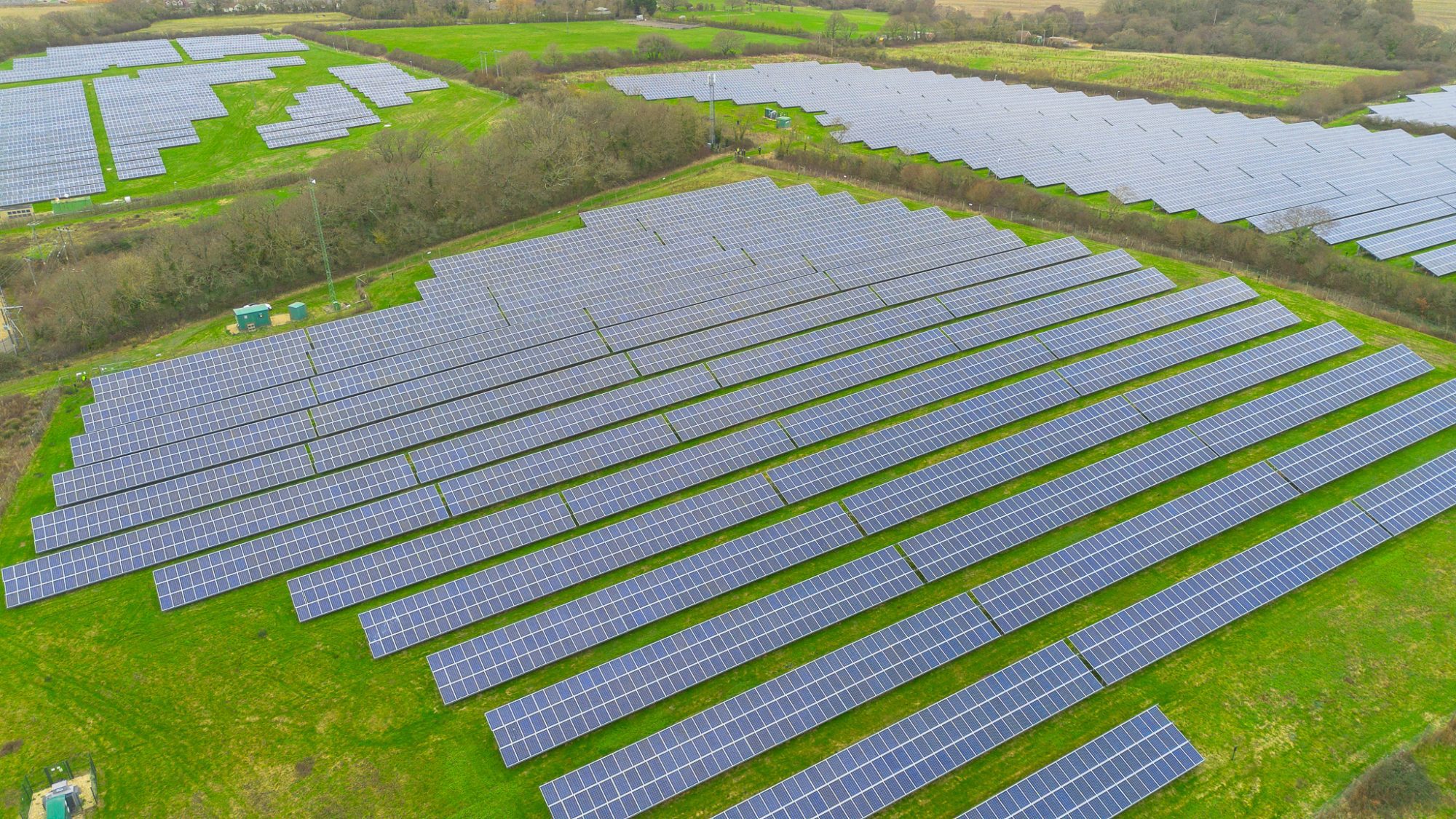
Will Walker
Portfolio Manager
As the impacts of interconnected climate, energy, and cost-of-living crises increase on our society, the imperative for a fairer, greener future demands a transformative shift in our economy. While this transformation poses its challenges, it also presents an unprecedented opportunity to forge a new economy that prioritises people, planet, and communities above all else.
Community businesses are beacons of hope and crucial agents of change in combatting these crises together. Despite the barriers they face, these enterprises are already at the forefront of climate action, while simultaneously bolstering and building resilience in local economies and fostering improved social outcomes in their communities.
In this blog post, we draw on the evidence and findings of the comprehensive new report ‘Community Businesses and Climate Action’, which was commissioned by Power to Change and written by IPPR North and Locality working with ten diverse community businesses across England. We explore what community business climate action entails, some of the different models and approaches that drive climate action (often without it being the primary focus), and their potential in building resilient communities and the transition to a fairer, greener future.
Community work is climate work
Community energy businesses have been at the leading edge of innovative and impactful approaches to climate action for several years now. For example, Community Energy Together is a collective of community businesses seeking to own, grow and expand zero carbon assets and services in their local communities, with the aim to deliver long-lasting environmental, social, and economic benefits. Community Energy England’s latest analysis of the sector indicates that there are 495 enterprises across the country working on similar initiatives.
However, only a small minority (3%) of the market identify as community energy businesses. Yet a significant majority (72%) of community businesses report a positive impact on the environment and climate change, across a variety of different trading models and approaches, even where climate action was not a primary motivation.
A key finding of this report, and one that reinforces the idea that others have already championed, is that community work is climate work. Climate action is inherently aligned with the values and objectives of many community businesses, which prioritize the health and well-being, empowerment, and economic improvement of their local communities. Moreover, localisation in and of itself can help to decrease demand for global transport, reduce waste and build resilience against future shocks.
Diverse community business models provide ‘whole system’ benefits
The diverse forms of models and approaches addressing the climate crisis reflect the creativity, adaptability and ‘whole system’ benefits of community businesses in the transition of the whole economy towards net zero. This report, whilst by no means exhaustive, explores their stories and impact and identifies the opportunities, barriers and replicable elements of some of the business models. The areas explored are:
- Community Energy: Community energy initiatives involve local residents collectively reducing, managing, and generating energy. These initiatives can encompass energy advice services, electricity or heat generation assets, and low-carbon transport projects. Community energy projects have contributed significantly to reducing energy bills, generating income reinvested into local economies, and creating employment opportunities.
- Low-Carbon Transport Initiatives: While initially focusing on electric vehicle ownership, low-carbon transport initiatives are evolving toward a holistic approach that includes car sharing, e-bikes, and active travel options. Community-led travel initiatives, such as minibuses and voluntary car schemes, provide solutions that address local transport needs while contributing to climate action.
- Community-Supported Agriculture (CSA): CSA networks involve partnerships between citizens and farmers, sharing responsibilities, risks, and rewards of farming. These partnerships provide direct access to locally grown produce for consumers, fostering connections between farmers and communities. CSA farms contribute to local economies, improve members’ well-being, and promote sustainable and healthy food practices.
- Community Land Trusts (CLTs): CLTs are non-profit organizations that develop land for the direct benefit of communities. They provide affordable housing, amenities, and shared spaces, fostering community ownership and empowerment. CLTs contribute to housing affordability, employment opportunities, improved community relations, reduced environmental impact, and better neighbourhood spaces.
- Circular Economy Initiatives: Circular economy initiatives involve practices that eliminate waste, circulate products and materials, and regenerate nature. Community businesses engaged in the circular economy may operate swap shops, libraries of things, local recycling enterprises, and repair cafés. These initiatives contribute to reducing waste, improving resource management, and enhancing local environmental sustainability.
Resilient community businesses are vital to a fairer, greener economy
Over half of all community businesses (53%) act as hub for their communities and positively impact the lives of local people by reducing social isolation, improving wellbeing and health, community cohesion and community pride, and empowerment. Community businesses also disproportionately operate in areas facing multiple disadvantage, whose communities are themselves disproportionately affected by the impacts of our interconnected climate, energy, and cost-of-living crises.
It is this intersection of community action and climate action, underpinned by robust and sustainable business models to ensure their capacity to drive climate action over the long term, that is key to the transformative potential of community businesses. By focusing on the needs of communities and delivering solutions that benefit people and place, they can help build resilient communities and public and political support for the transition to a fairer, greener future. Therefore, it is vital they are provided with the enabling conditions to thrive.
Image: Bradford Organic Communities Service. One of the ten community businesses featured in the report



